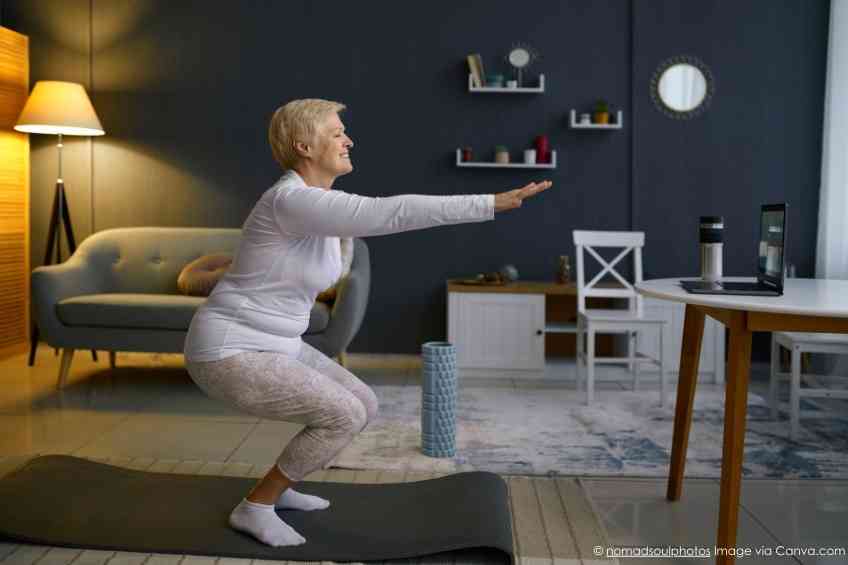By John Salak —
Religious communities offer their members a wide range of spiritual and physical benefits. These boosts are hope, inspiration, social networks, and guidance and support for troubled times.
New research now indicates these faith-based groups may also help some members live longer. At least, this is what the University of Houston is reporting about men of color aged 50 years and older.
The study notes it doesn’t matter whether these services are in a church, mosque, synagogue or another worship. Black men who attend experience lower mortality rates than those who attend infrequently or skip services altogether.
The university concluded this after reviewing data from the National Health and National Examination Survey.
The reason for the lower mortality rates may rest in these institutions representing sanctuaries for Black men where they feel safe and free of judgment or suspicion. These are stress-free zones, which help support the physical well-being of these men, according to the study’s authors.
“Black men have been oppressed, commodified, surveilled and criminalized like no other group in U.S. history. They often experience disproportionately high social and psychological stress from structural racism, institutional discrimination and unfair treatment from early childhood through late adulthood,” said Marino Bruce, the study’s leader.
“Churches and similar institutions represent a safe space,” he said. “They receive affirmation, and the messages are intended specifically for them.”
The research team used the data to track a random sample of Black men spanning more than 17 years. The information included health records, death indexes, and details on church attendance/social support, nutrition, physical activity and household status.
Slightly over a third of those profiled attended services at least weekly, while approximately 32 percent either respectively attended services up to three times monthly or not at all.
Not only did those attending weekly services have better health profiles, but they also included a higher percentage of nonsmokers and nondrinkers than the other groups.
These institutions of worship provide much more than spiritual support, and the additional resources they provide become more relevant as these men age, Bruce noted.
The research did not provide insights into how regular service attendance impacts the health of other demographics. The study cited the powers of both prayer and positivity as a boon to personal health. The research team noted other studies suggesting that prayer and meditation reduce cardiovascular disease risks, treat post-traumatic stress disorder and potentially improve mortality rates.
“The tradition of worship includes time and space where individuals can lay their burdens down,” Bruce said. “They’re not a cure-all, but those long-held traditions provide positive energy needed to take on challenges and perhaps provide a new outlook on life.”













